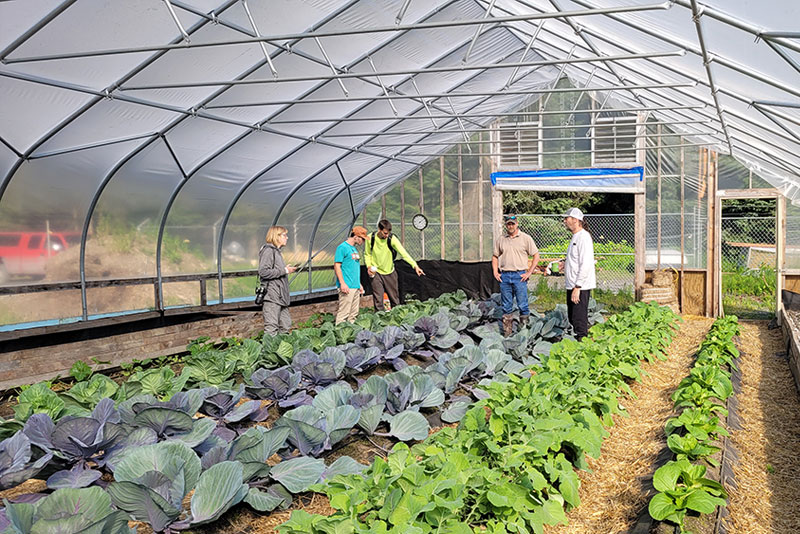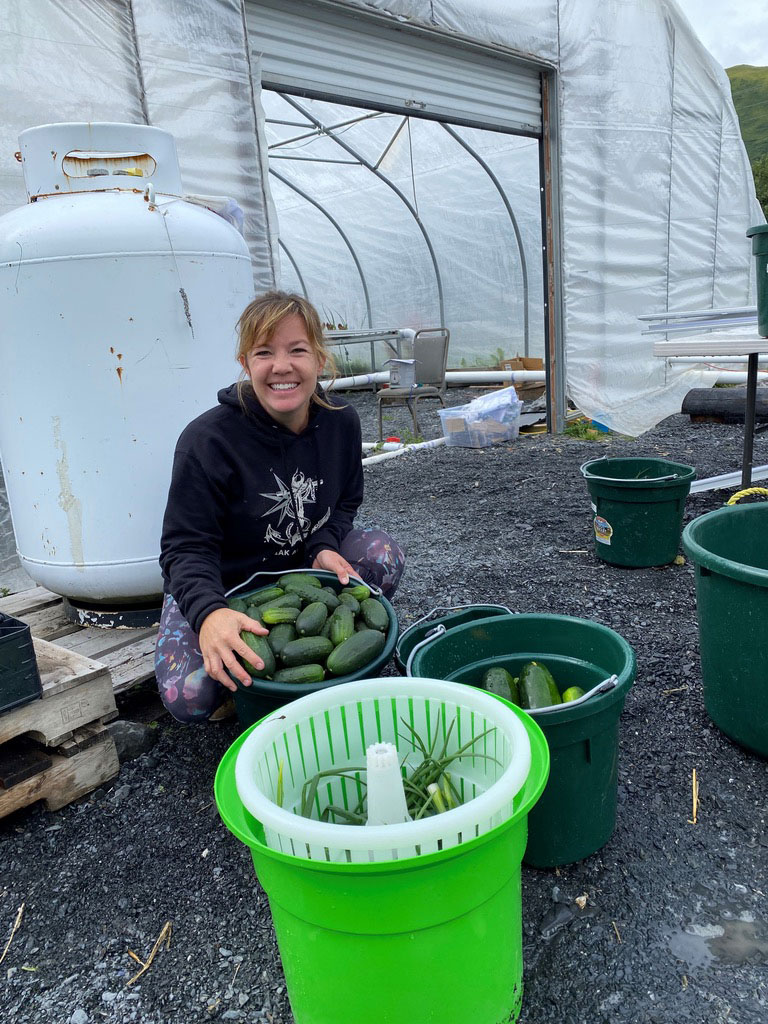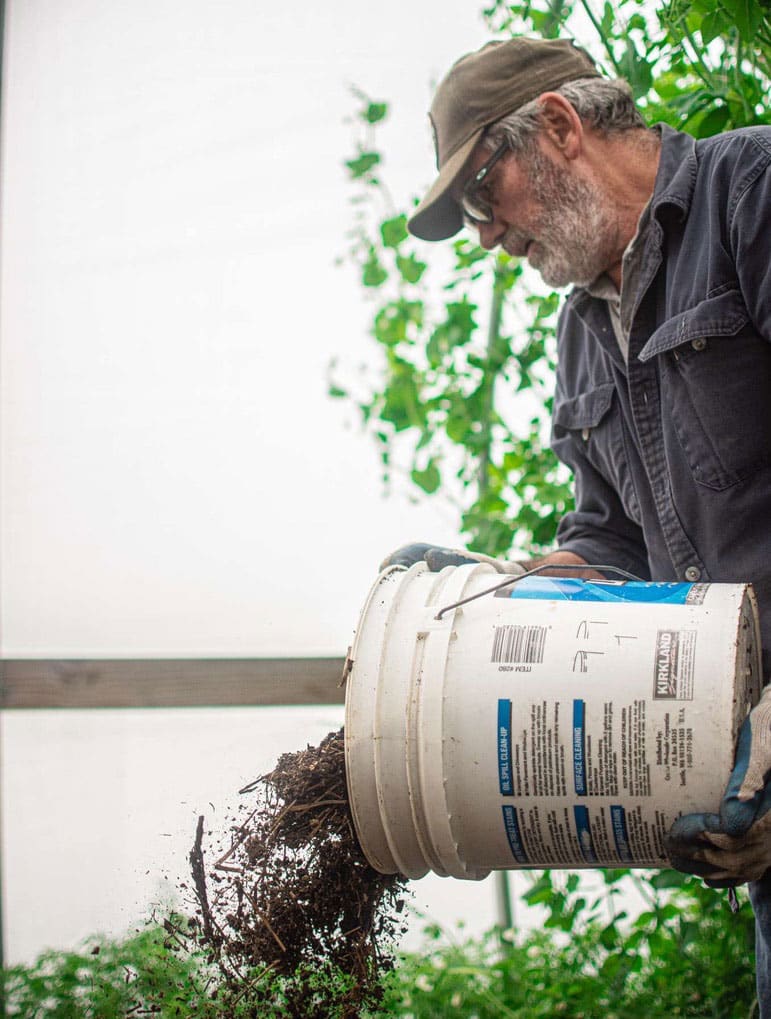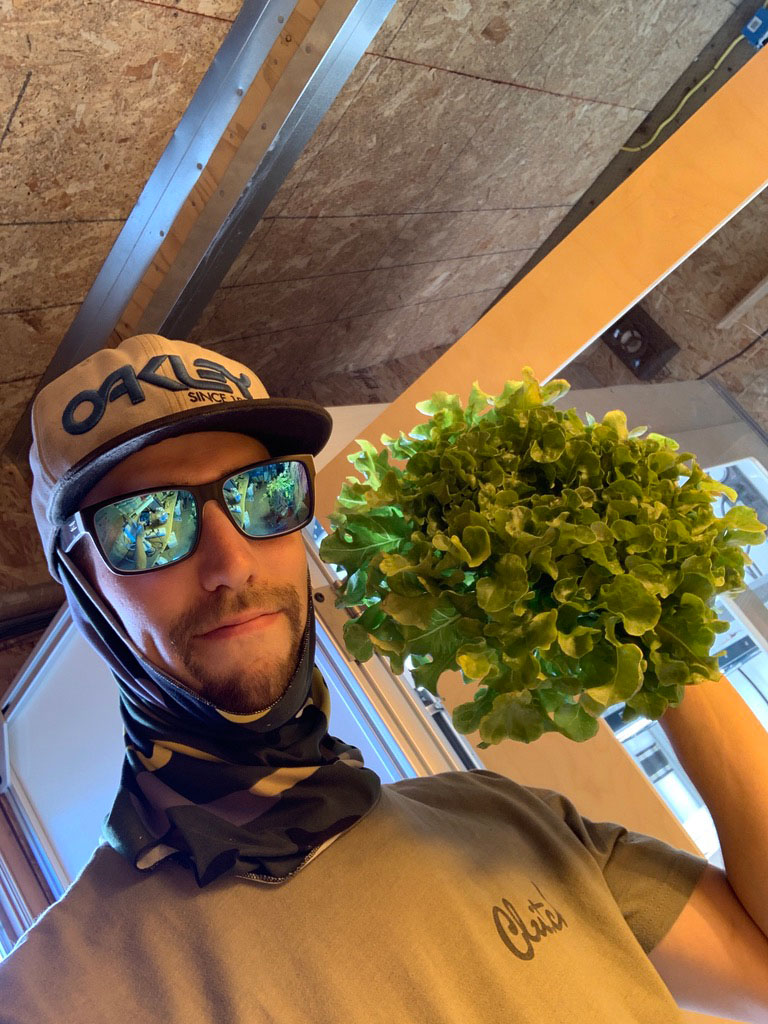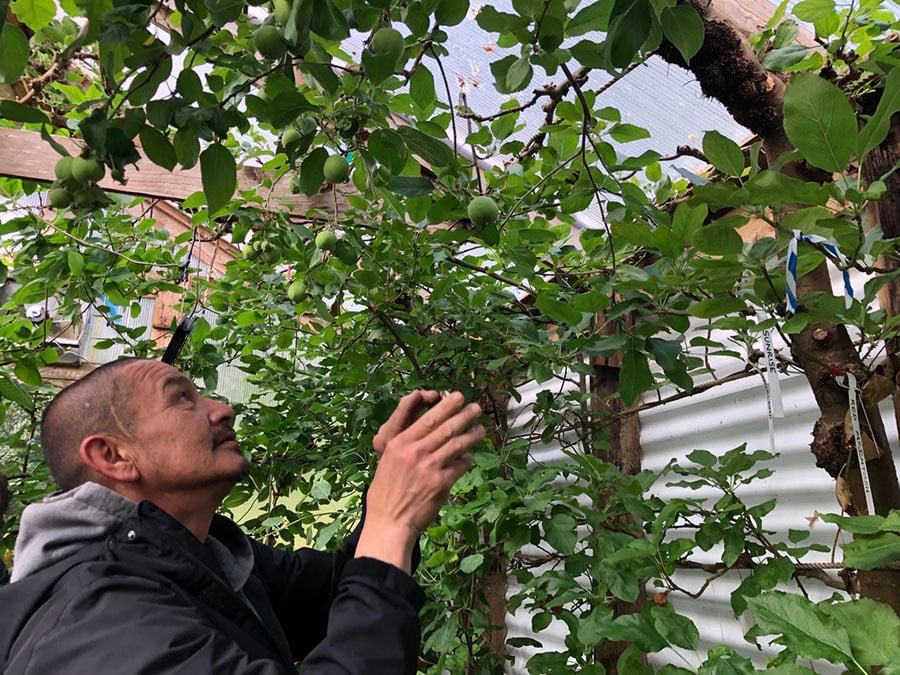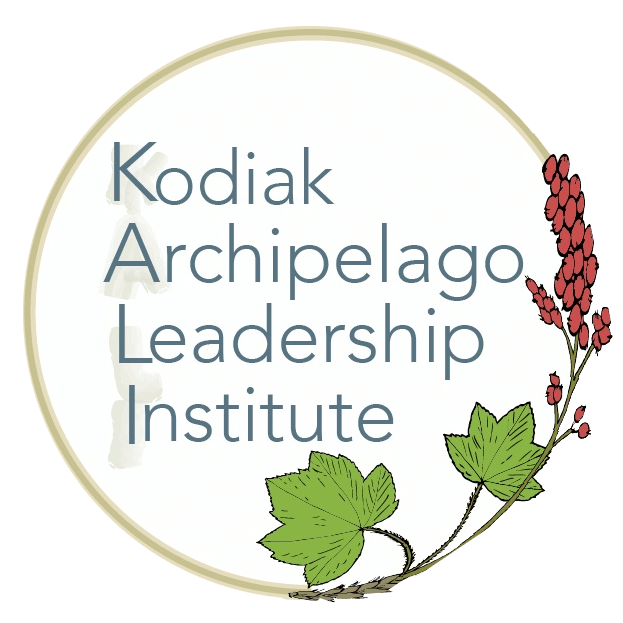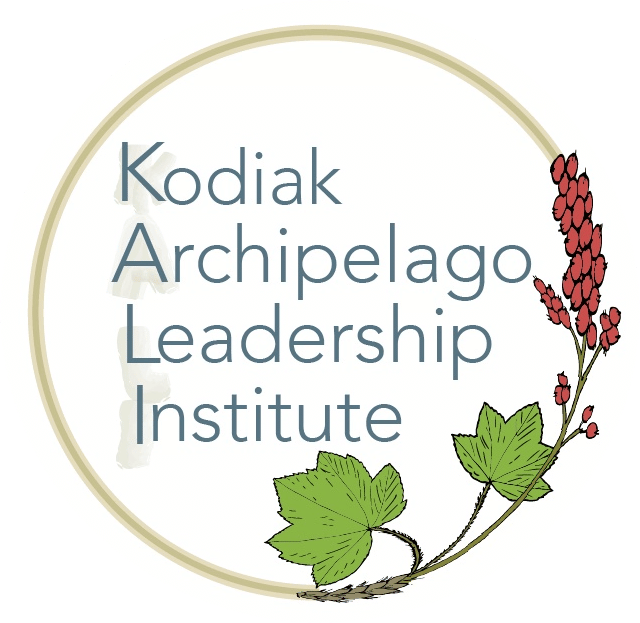
Top Banner – USDA NRCS technical site visit at Port Lions Farm, courtesy of Blythe Brown, Kodiak Soil and Water Conservation District.
Carrots and brussels sprouts from Marlene’s Garden, Larsen Bay.
Finding solutions to the loss of subsistence farming in our Alutiiq communities, the high cost of food, and the correspondent threat to food security was identified as a regenerative economic development priority by our regional leadership in 2013. We saw small-scale farming as a means to rebuild local rural economies that have been in decline while providing food security and improved nutrition. Regional planning efforts identified three necessary components for rural community farming success. These included 1) regional and culturally appropriate training, 2) building out pilot farms in participating communities, and 3) planning for long-term sustainability.
In 2014, KALI received a 3-year US Dept. of Health and Human Services Administration for Native Americans SEEDS grant that supported the establishment of four small pilot market garden farms in Larsen Bay, Old Harbor, Ouzinkie, and Port Lions. Each farm was originally up to an acre in size with outside fields for crops such as potatoes and berries that can grow in Kodiak’s cool maritime climate combined with two large hoop houses that can grow warm season crops including lettuces, tomatoes, and cucumbers. The project ended in September 2018 after demonstrating the feasibility of small farms in the region.
Today, these four soil farms that include Marlene’s Garden in Larsen Bay, Port Lions Farm, Sitkalidak Sunrise Farm in Old Harbor and Spruce Island Farms in Ouzinkie are thriving. Outside field production has continued to expand and the farms are adding small fruit trees in high tunnels and other value-added crops such as mushrooms. For more information on the farms please check out their farm pages at Alutiiqgrown.com.
Our communities take pride in their farms and they have truly become community efforts. The farms are now living classrooms as a place where Elders and Youth come together to start seeds, plant and harvest while learning from each other. Our tribes, small cities, and Alaska Native Corporations continue to provide support for interns, supplies, and employment. We now have farm managers who started as high school interns who have grown with the farms! Check out Our Stories to learn more.
Our farmers face unique soil and environmental challenges that include a short growing season, poor acidic soils that are low in organic materials, and long periods of cloud cover that reduce available solar energy. For farms to be sustainable, we need to find solutions that are low cost and available locally whenever possible, particularly in soil building.
KALI continues to provide and expand soil farmer training through generous support from the United States Department of Agriculture (USDA) 2501 Program for Disadvantaged Beginning Farmers and Ranchers. This annual training cycle of webinars, in-person workshops, technical site visits, and farm practicums with more experienced farmers continues to build farming competencies, find ways to build soil through locally available amendments and train new farmers. Our technical advisors, Oceanside Farms in Homer, Alaska, continue to identify new methods such as Korean Natural Farming, to increase our farms’ productivity.

